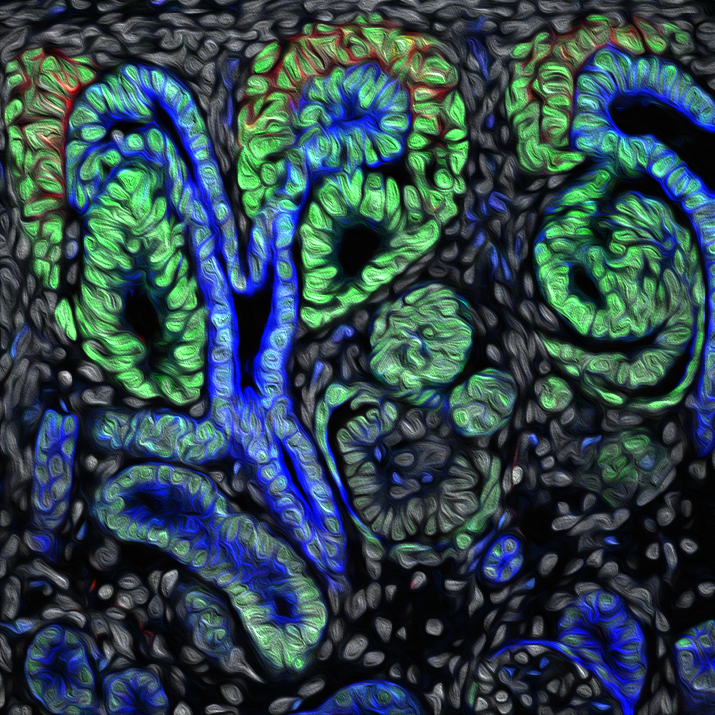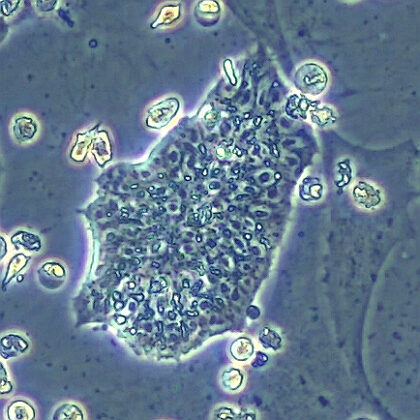USC Stem Cell scientists are advancing our understanding of how the body develops, maintains and repairs the kidney and urinary system. They are also developing new regenerative treatments for patients with kidney injury and disease, bladder disorders, and urinary incontinence.
Building a Synthetic Kidney
Each year, approximately 100,000 patients in the U.S. are in need of a kidney transplant, yet only about 20,000 donor organs are available. To help close this gap, a team of scientists led by Zhongwei Li is working to build a synthetic kidney grown from human stem cells. These stem cells will follow early developmental processes similar to normal embryonic kidney development, and then complete their maturation inside of the recipient’s own body.
Kidney Cells for Therapeutics
Scientists in the lab of Nils Lindström have identified key molecular switches that generate distinct cell types within the kidney’s filtering units, known as nephrons. The lab is getting closer to being able to generate therapeutic kidney cells on demand for patients who need them by understanding how these cells normally develop and begin to function.



















